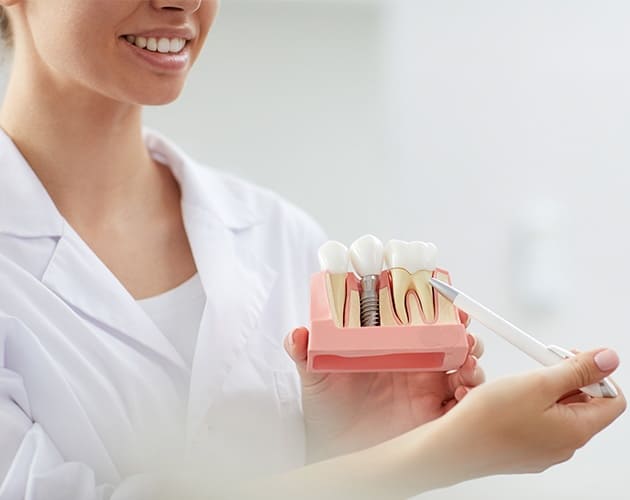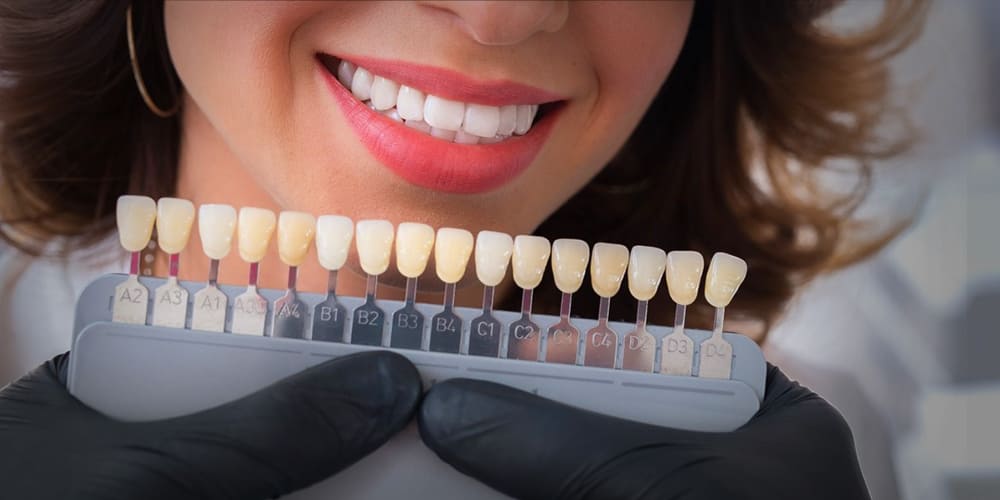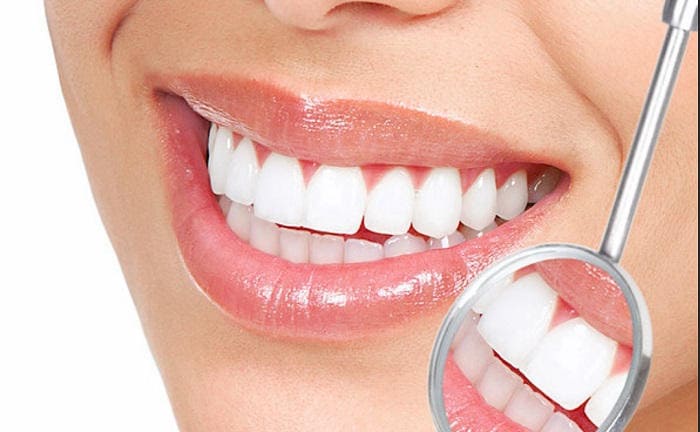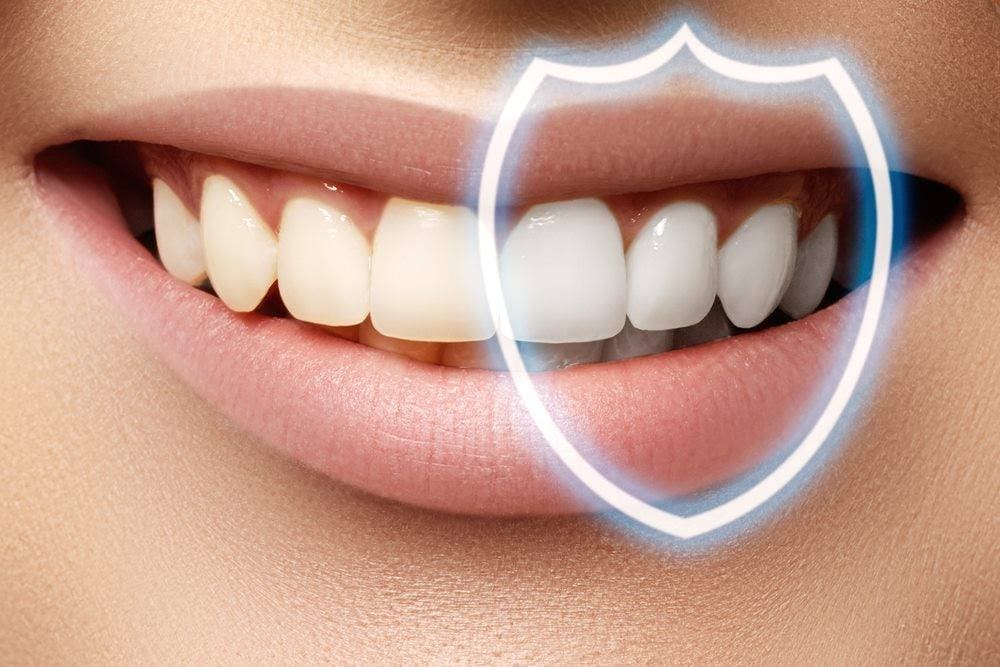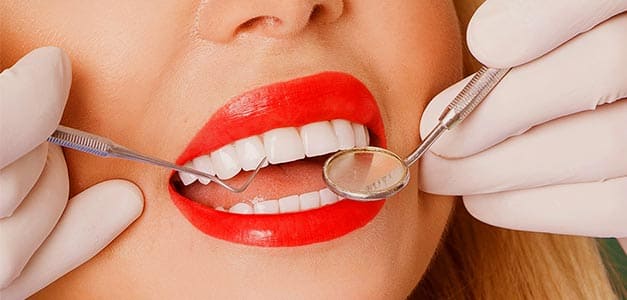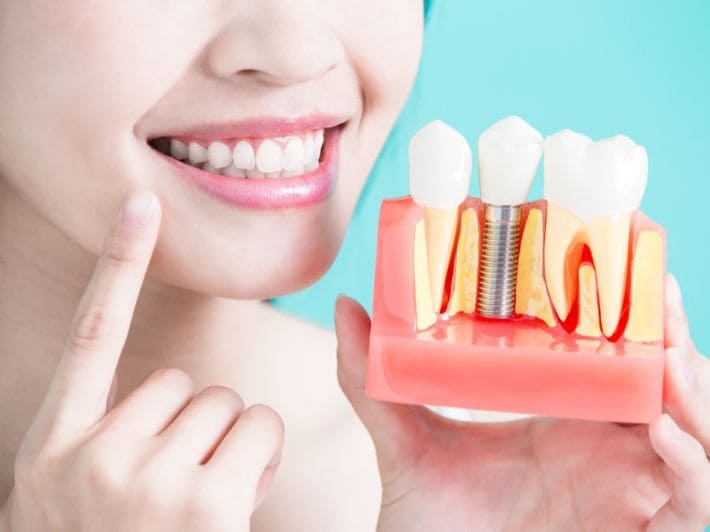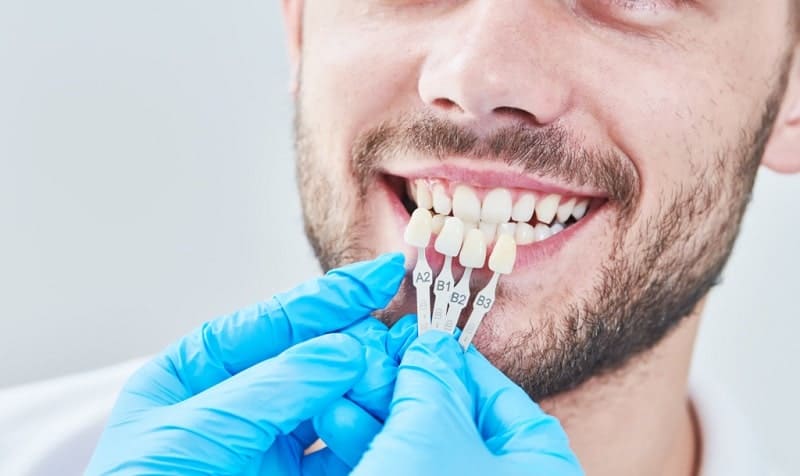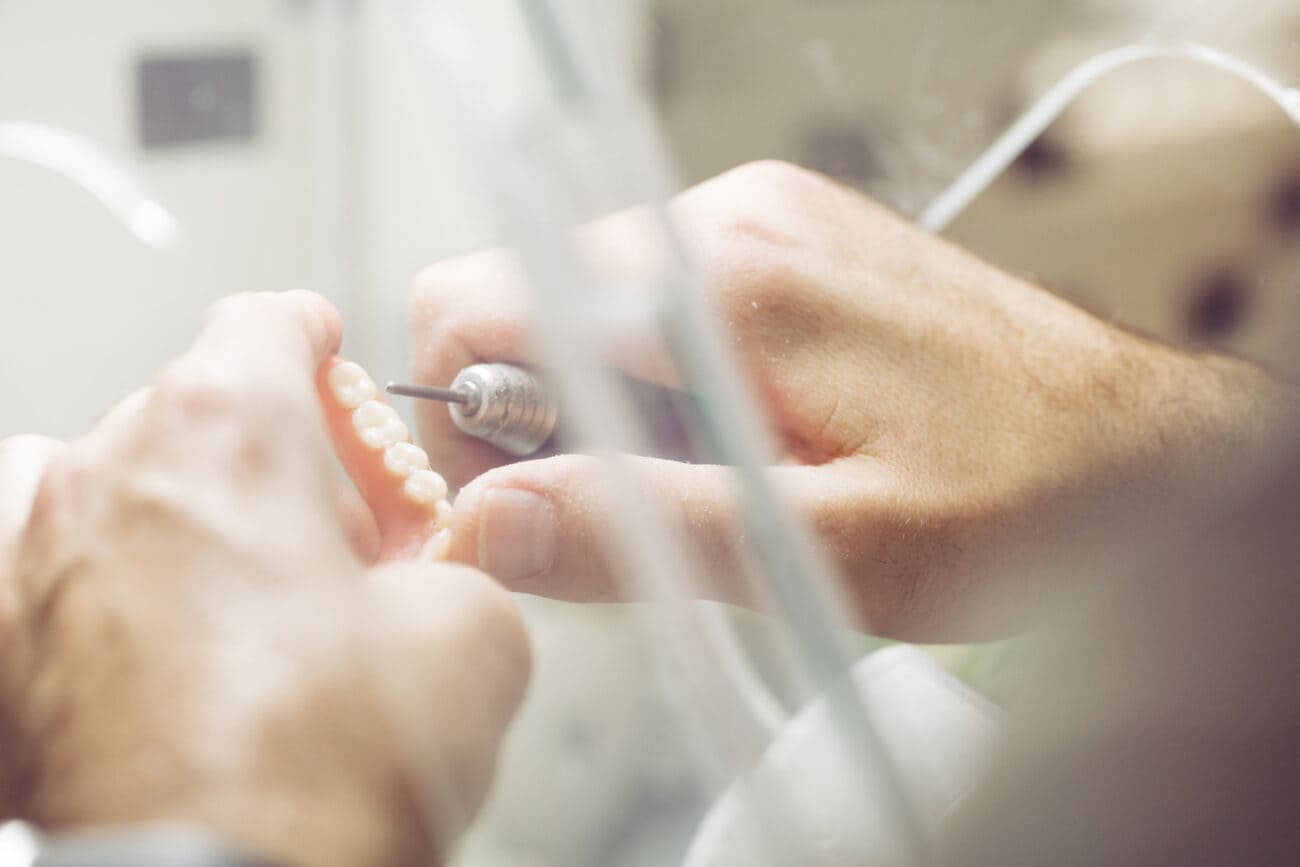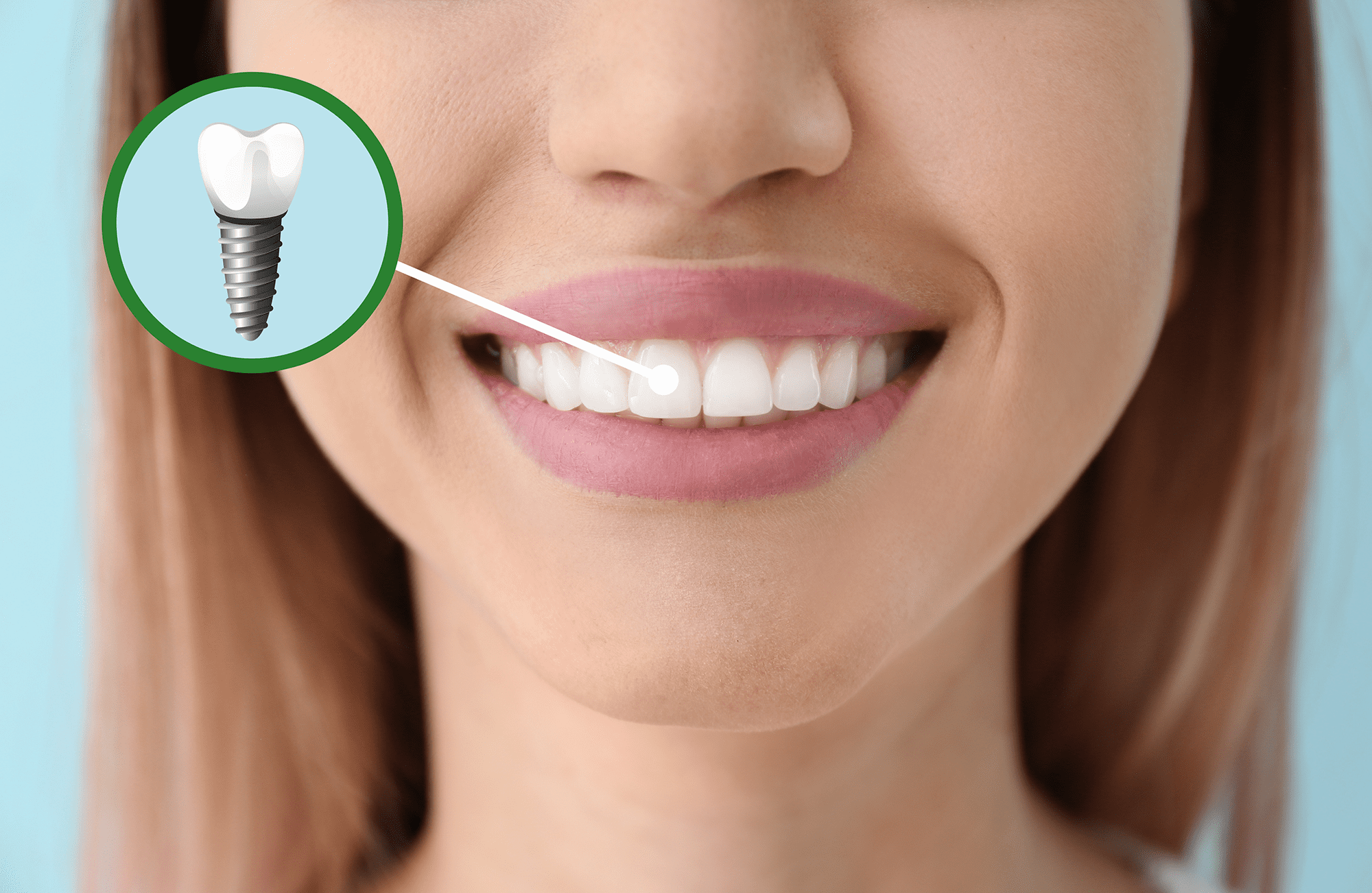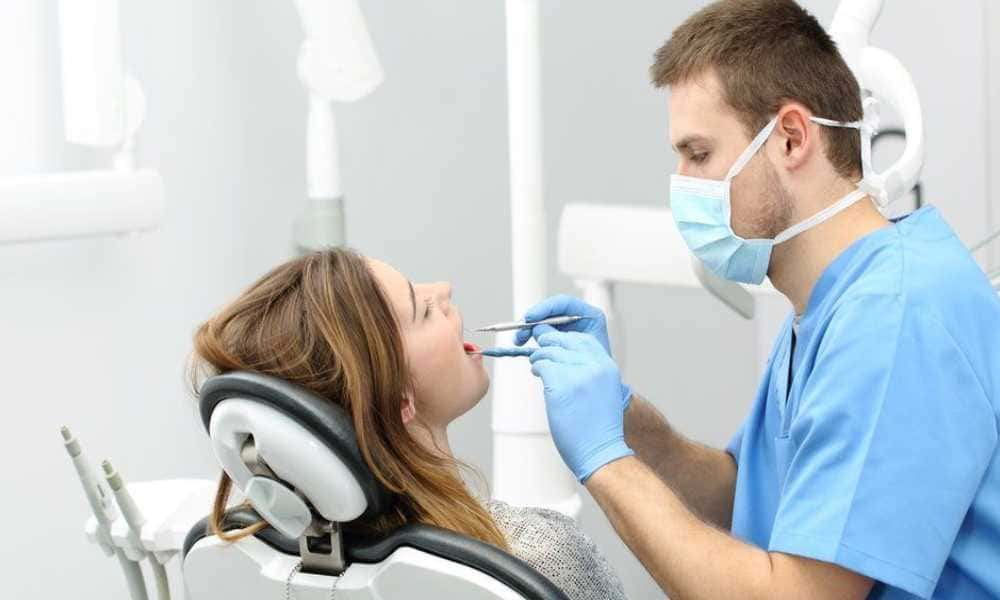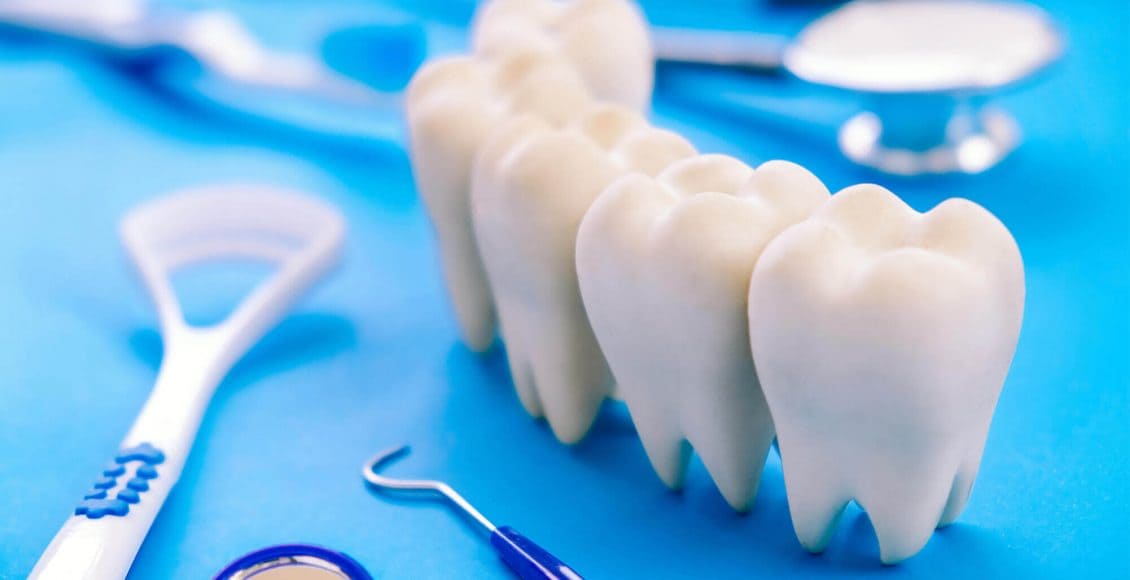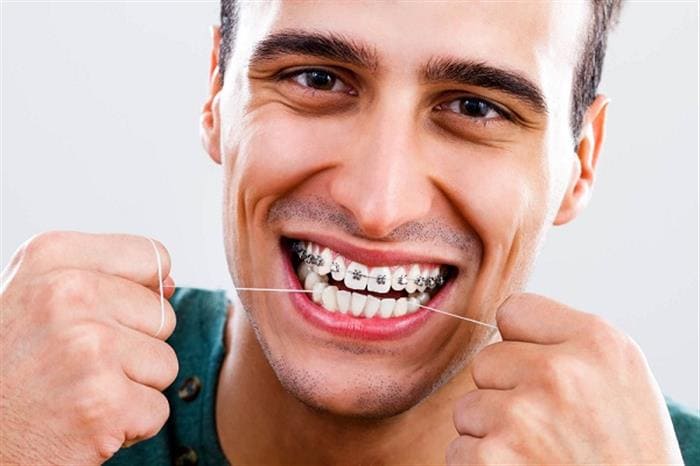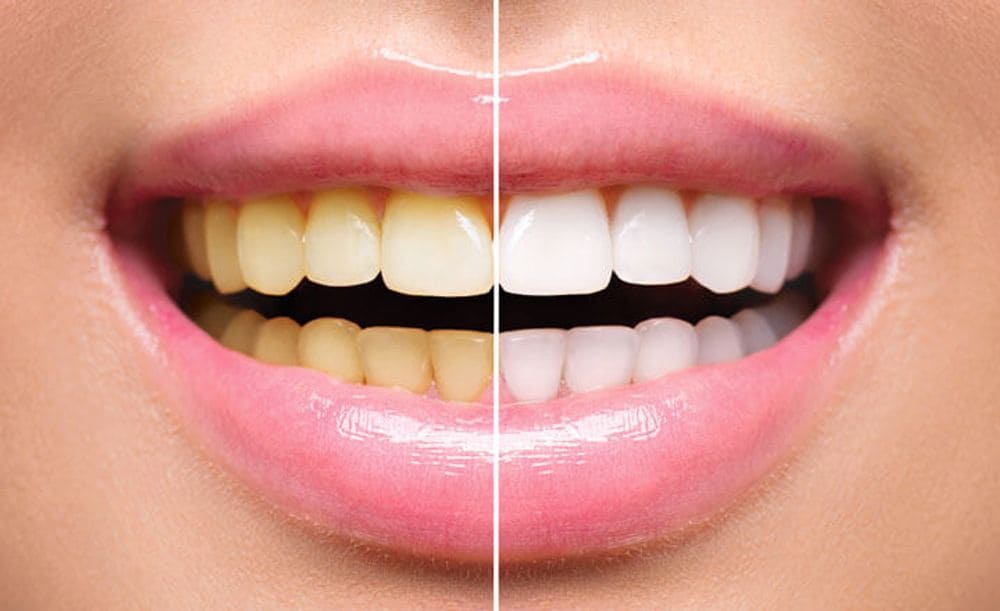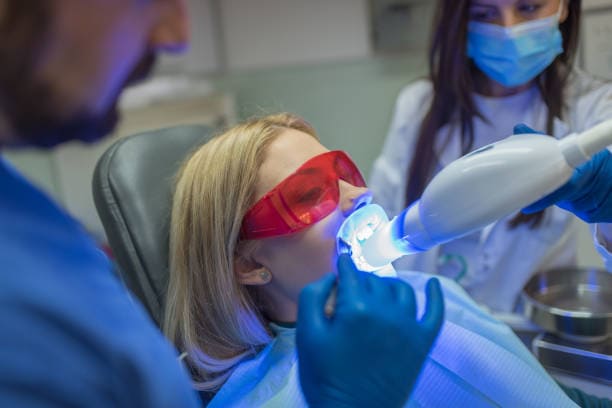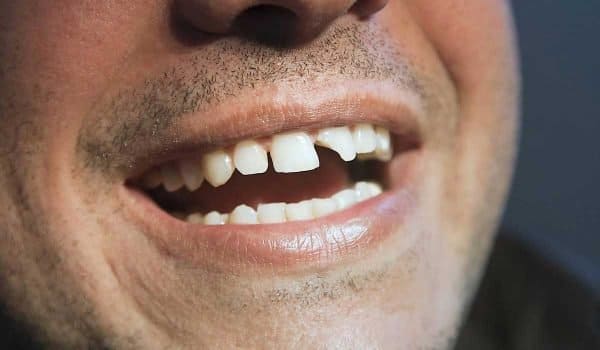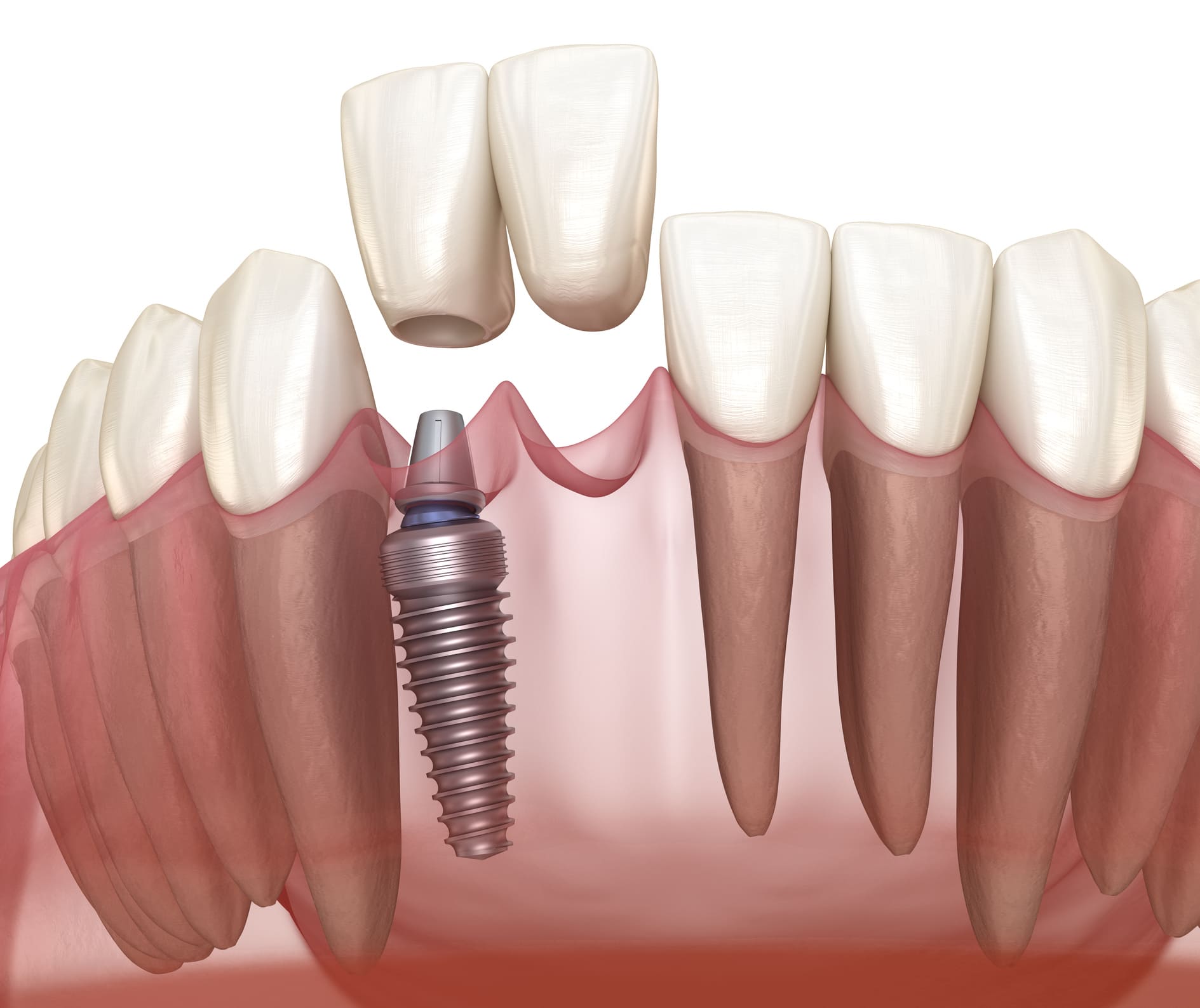Dental Implant Alternatives
Some believe that dental implants are the only solution for treating tooth loss. However, thanks to technological advancements, there are effective alternatives to dental implants available.
While dental implants are more effective than alternatives, there may be circumstances that prevent their use, such as specific medical conditions in the jaw or a patient’s preference for a quicker solution instead of undergoing dental implant surgery.
As a specialized dental clinic in Turkey focusing on dental treatment and cosmetic dentistry, we provide this article to inform you about dental implant alternatives, their types, and how they are applied.
What are Dental Implant Alternatives?
These are medical procedures used to replace missing or damaged teeth. There are several types of dental implant alternatives, such as fixed bridges, removable dental bridges, and dental prostheses.
Different materials, including ceramics, metals, and plastics, are used in dental implant alternatives, depending on the condition of the teeth and the preferences of the treating dentist, as well as factors such as cost and functional and aesthetic requirements.
Dental implant alternatives aim to restore the function of missing and damaged teeth. They can be cleaned or replaced in the future, a feature not available with dental implants.
Types of Dental Implant Alternatives:
- Dental Bridges:
- Used when a patient has lost one or more teeth. A bridge consists of a pontic (artificial tooth) suspended between crowns attached to adjacent teeth.
- Fixed in the mouth and considered an effective alternative to implants, albeit less costly. However, bridges require the adjacent teeth to be strong to support the bridge, which often leads dentists to prefer implants.
- Dentures (Dental Prostheses):
- Removable and provide a natural appearance.
- Aid in restoring chewing and eating functions naturally.
- Can be cleaned and attached to the gums.
- However, they may cause gum sensitivity, irritation, and redness, especially during the initial months.
- Implant-Supported Dental Bridges:
- Used when multiple teeth are missing, supported by dental implants. The missing teeth are replaced with implant-supported bridges.
- Connected to adjacent teeth to provide a beautiful natural appearance and improve oral health.
- Implant-supported bridges are stable and do not move or slip during speech or eating, unlike traditional dentures.
- The installation of implant-supported dental bridges may take longer compared to regular bridges, and it requires surgery to implant dental abutments into the jawbones.
How Long Do Dental Implant Alternatives Last?
Dental implant alternatives are considered long-term medical solutions. With continuous care and adherence to the dentist’s instructions, they can last for decades.
While dental implants generally last longer, dental implant alternatives also have factors affecting their longevity, such as the presence of chronic diseases or gum inflammation.
Benefits of Dental Implant Alternatives:
- Replace missing teeth due to decay, gum diseases, or fractures.
- Restore oral functions, such as chewing and speaking, naturally.
- Improve the overall appearance of the mouth, teeth, and smile.
- Preserve the jawbone structure and prevent displacement and other issues.
In conclusion, dental implant alternatives offer effective solutions for restoring oral health and function, providing patients with various options depending on their needs and preferences.


